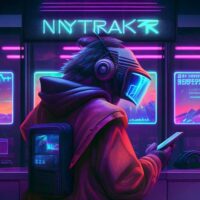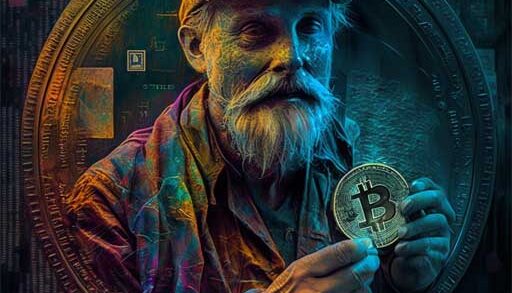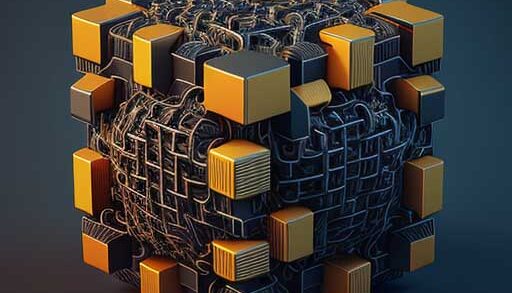In what ways can physical items be sold as NFTs?
Various companies are now converting physical items into non-fungible tokens (NFTs), as almost anything can be tokenized nowadays. One of the most significant and fascinating applications of NFTs is in the property sector. Purchasing a property is traditionally a tedious and lengthy process that involves excessive paperwork and outdated systems. NFTs offer a way to modernize the industry by recording ownership on the blockchain, potentially reducing disputes, speeding up the process, and preventing fraud.
Additionally, this development could facilitate cryptocurrency payments for real estate purchases, as some businesses, particularly in Miami, have emerged recently to make this a reality.
Article structure:
Can the sale of physical items as NFTs bring modernization to the collectibles industry?
By creating digital versions of physical items, NFTs can potentially enhance safety measures. The popularity of sports memorabilia and the recent resurgence of Pokemon cards demonstrate the continued demand for collectibles. NFTs can help prevent counterfeiting and establish an indisputable record of ownership. In fact, some crypto companies provide custody services for high-value collectibles to ensure their safekeeping and preservation, which could be an attractive investment opportunity. Moreover, NFTs can simplify auction processes in secondary markets.
Are prominent brands venturing into physical NFTs?
Despite the bear market and decreasing trading volumes, more major companies are expected to join the NFT trend in the future.
Nike has emerged as the top mainstream brand generating revenue from NFTs. According to recent research, the sportswear giant has made a staggering $185 million in revenue by venturing into the world of digital sneakers, partly due to the acquisition of the Web3 studio RTFKT.
However, Nike’s NFT collections are not just about dressing up avatars in the Metaverse with virtual outfits. The company has also experimented with NFTs that offer buyers a real-world version of the digital designs they purchase. This could represent a new era for the fashion industry, and there is no end to innovation in sight.
Another cherished keepsake for music lovers is a ticket stub from a memorable concert, which they can display on their wall as a lasting reminder of the experience. Ticketmaster is now exploring the creation of NFT tickets that can commemorate these unforgettable events, forever immortalized on the blockchain. Other technologies, such as Proof of Attendance Protocols (POAPs), could take this idea to the next level.
What measures are being taken to prevent fraudulent activities in the selling of physical items as NFTs?
Verification of an asset’s authenticity, provenance, condition, and ownership rights is crucial to instill confidence in buyers.
To achieve this, standardization across the NFT industry can be beneficial. For example, when physical items that back an NFT are placed in a vault, it’s important to establish clear ownership rights and access policies. In addition, external auditors can be hired to investigate the background behind a transaction, while metadata can include details about an item’s condition.
However, the most critical aspect is building a trustworthy and credible reputation for NFT platforms. A positive reputation can not only attract more buyers but also reassure them that they’re in safe hands when purchasing a collectible through these platforms.
Good to know: Digital art using NFTs and 10 lucrative ways to monetize it
What are the consequences if issues arise when selling physical items as NFTs?
In general, disputes related to NFTs often end up being resolved in court, but this can have mixed results.
It’s important to keep in mind that NFTs are still a relatively new technology, and as a result, legal systems may not fully understand their nuances. This means that important details regarding digital assets could be overlooked during legal proceedings, leaving those involved with hefty legal bills.
However, Mattereum is a new protocol that aims to take a different approach. It provides customers with the legal technical capability to create “Trustable NFTs” for their physical assets and offers legally binding mechanisms for dispute resolution that can be enforced in over 160 jurisdictions worldwide. Through the use of smart contracts, a connection is established between the ownership of the NFT and the ownership of the physical asset, whether it’s a rare instrument, luxury car, or six bottles of red wine.
While this approach may seem to take more time initially, it can offer several advantages. Providing valid documentation of authenticity can significantly increase the value of an asset and improve the chances of a successful sale. Additionally, it establishes a solid legal framework for the future.



